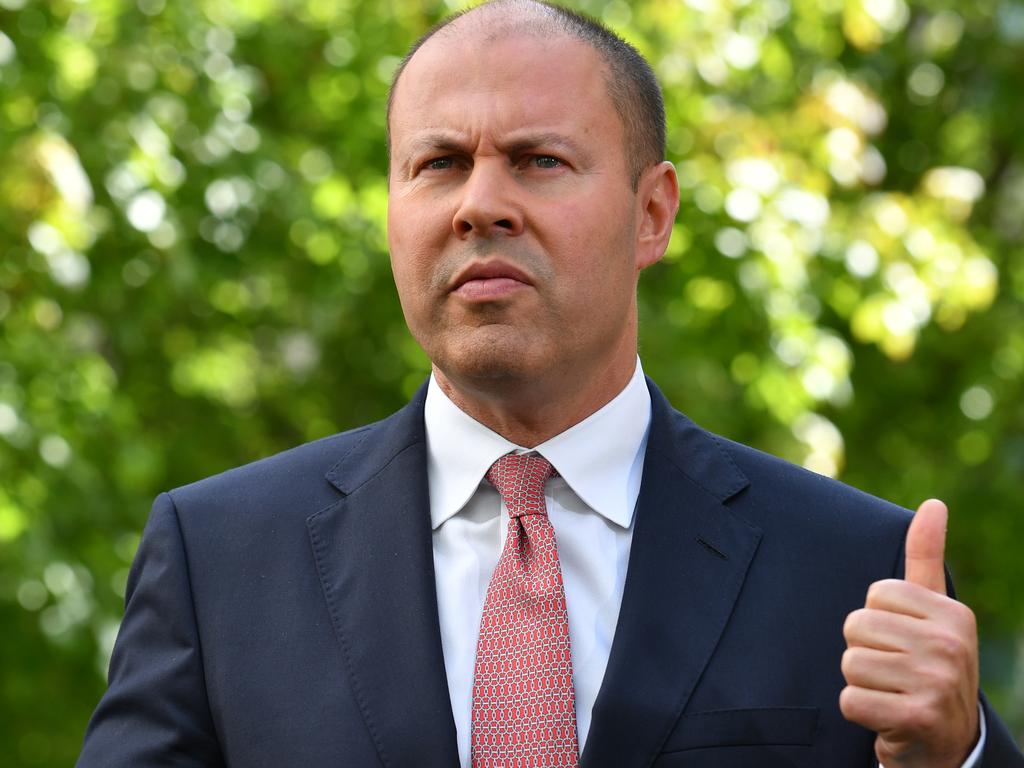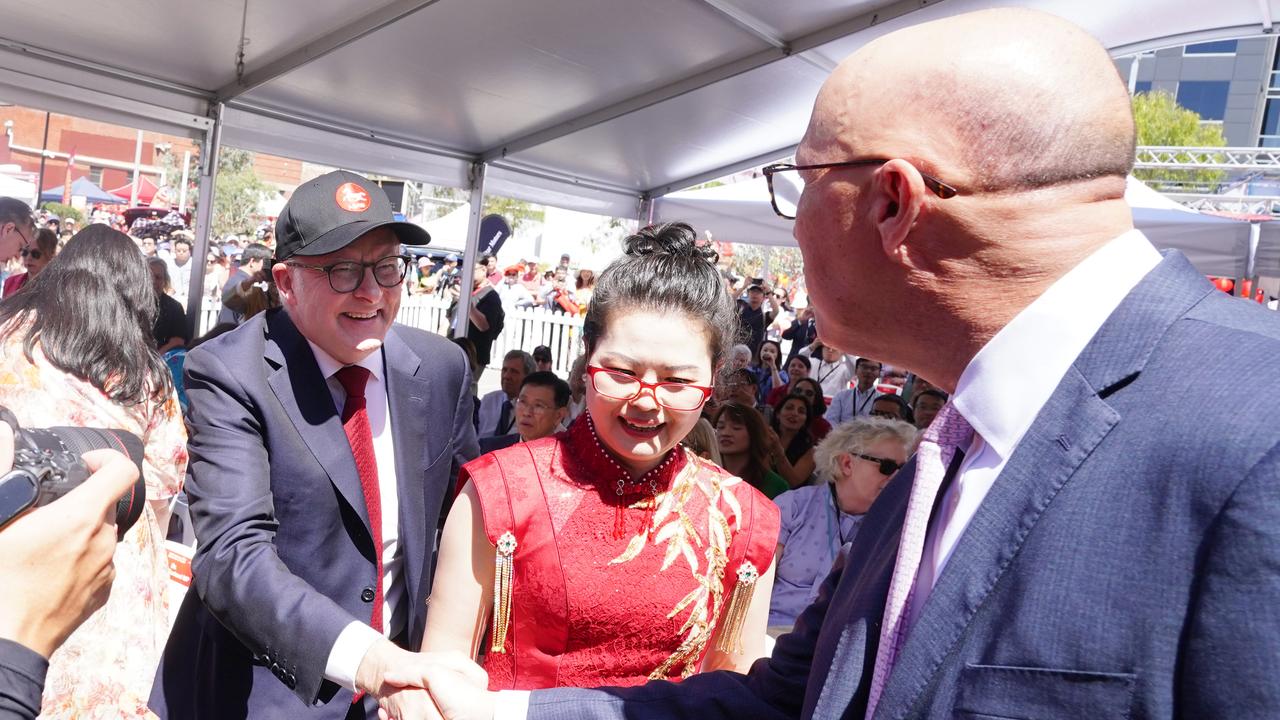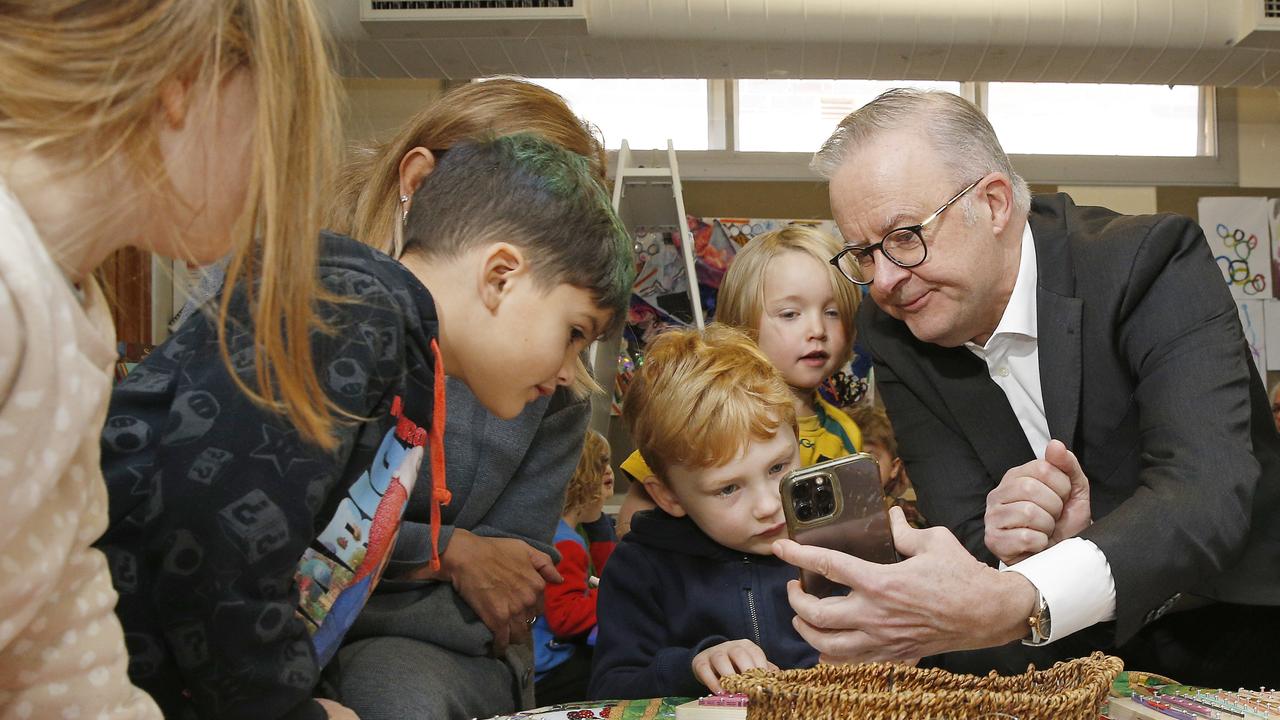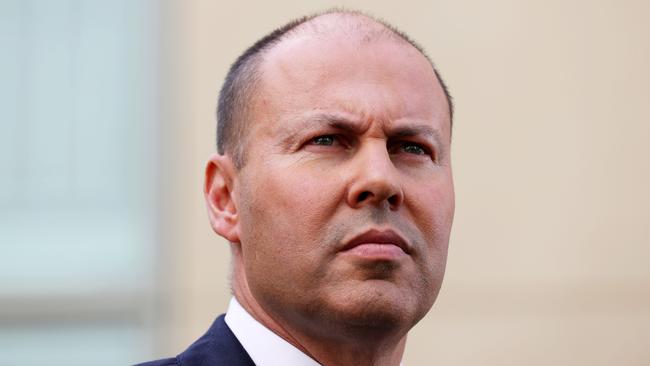
What began as a shoot-out ended in a peace deal with a big price tag — a deal that will attract the world’s attention.
This was an epic negotiation. It followed more than a dozen phone discussions over five days between the irrepressible Josh Frydenberg and Facebook founder, Mark Zuckerberg.
The upshot is that Facebook has joined Google in cutting deals under the Morrison government’s digital platforms bargaining code.
This is a serious outcome. It means Big Tech starts to pay for using news content.
It is a victory for Australia but has global import. It means hundreds of millions of dollars will be transferred into Australian media companies over the years of just concluded and coming agreements to assist local journalism by ensuring Big Tech starts to be held to account.
The result is vital for Australia’s publishers, for journalism and will help our democracy.
Frydenberg said last night: “Australia’s move to put in place a world-leading mandatory code has seen us become a proxy in the battle that involves the rest of the world.”
There are three outcomes.
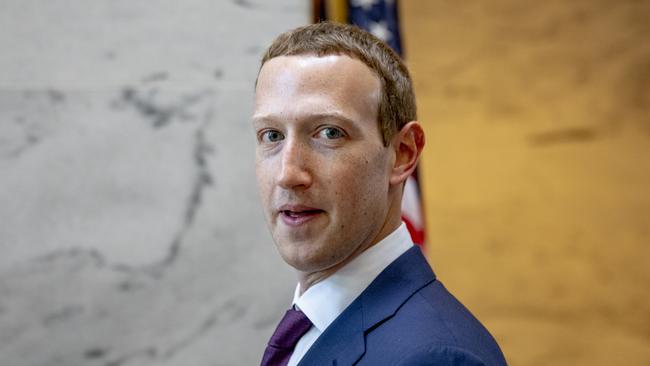
The ACCC-designed bargaining code to hold Big Tech to account will become law. Facebook has lifted its shutdown on Australian news content and is now concluding deals with our media companies, Kerry Stokes’ Seven West Media being the first. And the leverage of the bargaining code is proven since it has delivered substantial financial agreements even before being legislated.
Who blinked first?
It is the wrong question. This was a tough negotiation but the Treasurer and Zuckerberg built an understanding. Both see advantages in this settlement. Frydenberg made a personal vow at the end of last week — after Google agreed and Facebook declared digital war on Australia — to work tirelessly to reverse Facebook’s decision.
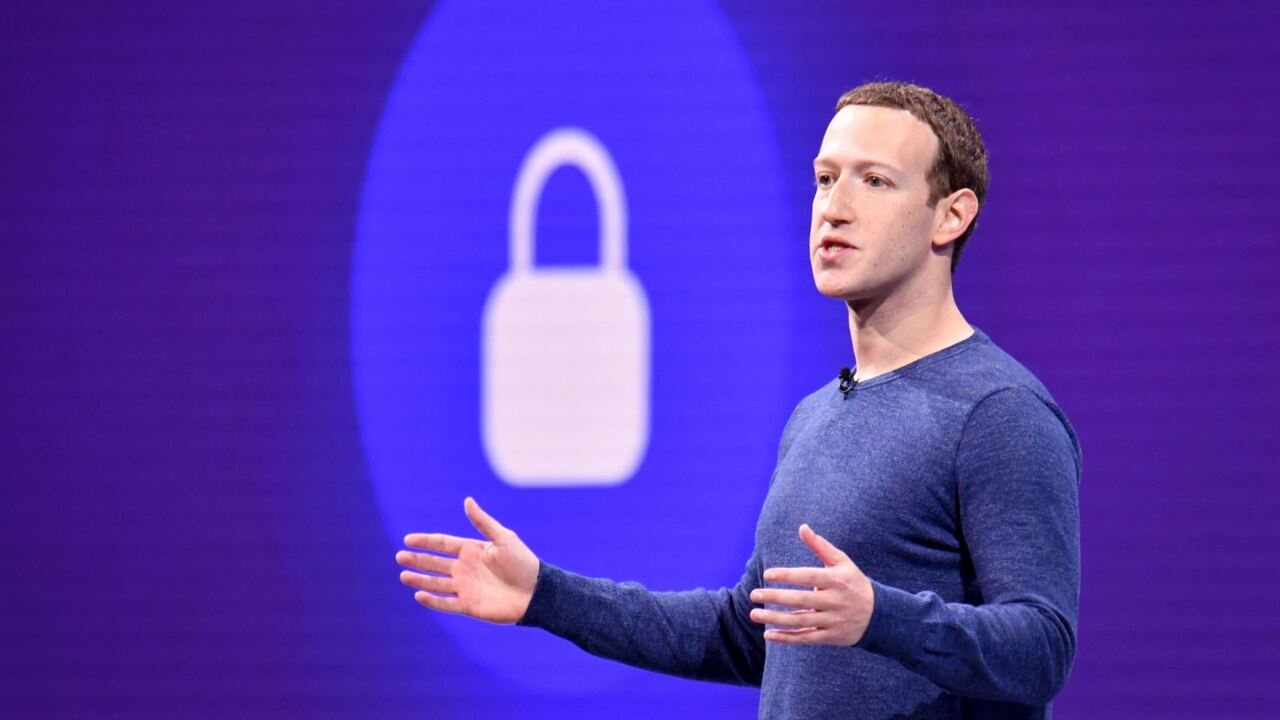
The result is a personal and political triumph for Frydenberg. The key to the government’s success was holding the line on the fundamentals of the bargaining code but giving Zuckerberg enough concessions to let him decide he would accept the Australian precedent. The risks for Frydenberg were real. The details of their agreement will be forensically assessed.
From the start Zuckerberg told the Treasurer his main concern was not payments to Australian companies — it was what payments Facebook might confront around the world. Zuckerberg said throughout their talks that news content was not vital for Facebook and that it gave media publishers more value than what it took from them.
Critically, Frydenberg spoke to Google at the end to ensure they welcomed the changes he had negotiated. During his weekend, Monday and Tuesday calls with the Facebook chief, Frydenberg remained in constant touch with ACCC boss, Rod Sims, the Treasury and Scott Morrison.


